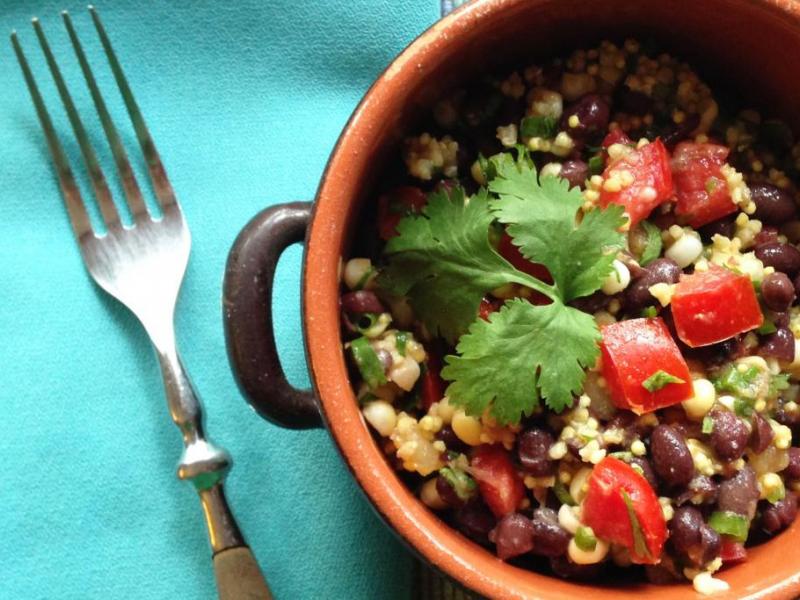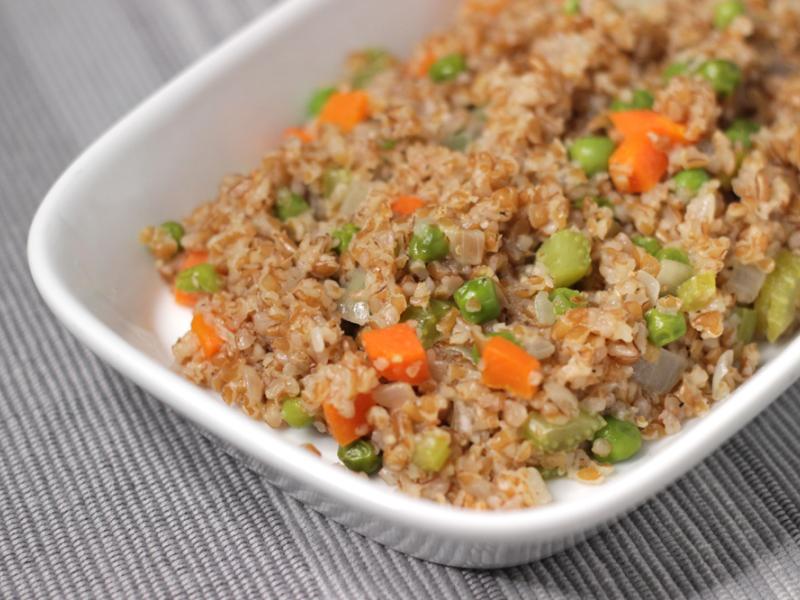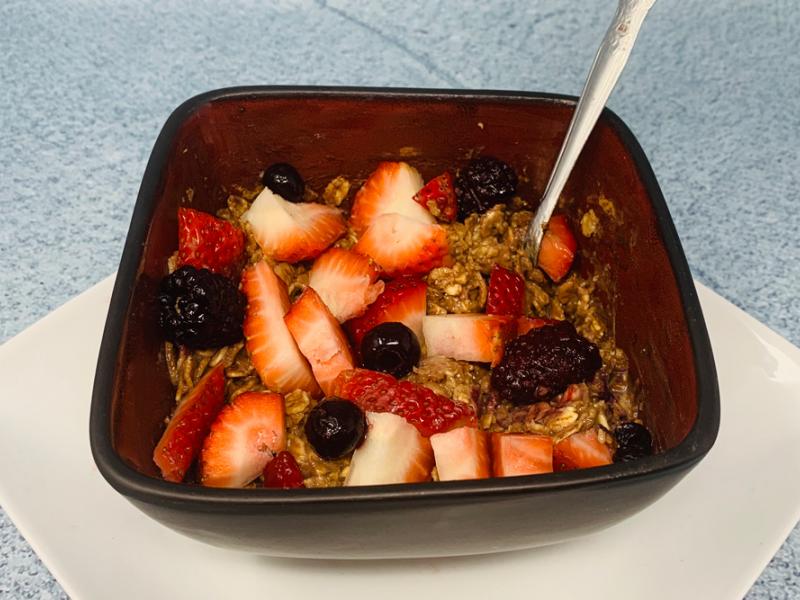
The Dietary Guidelines for Americans recommend that at least half of the grains you eat should be whole grains, but most Americans don't choose enough whole grain foods. Read on to learn how to include more whole grains in your day!
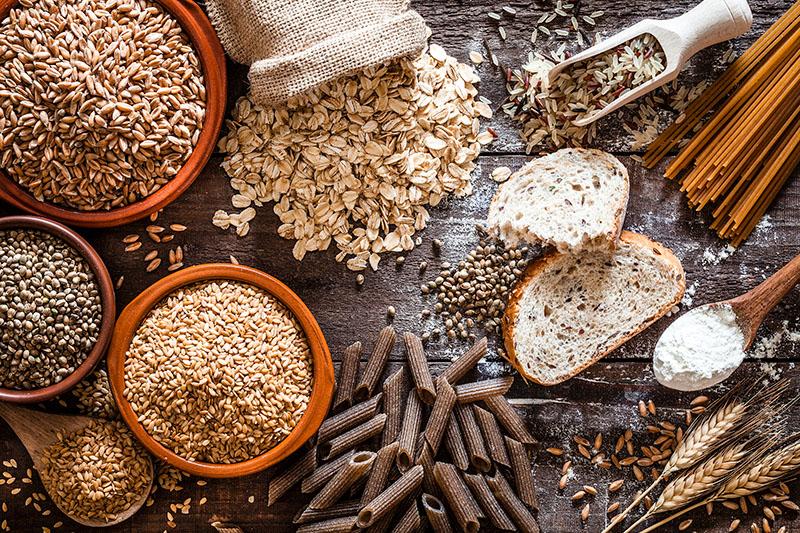
Whole Grains and Refined Grains
Grains are divided into two groups: Whole Grains and Refined Grains. Whole grains have not had any part of the grain removed. Examples of whole grains include whole-wheat flour, oatmeal, whole grain cornmeal, and quinoa. Refined grains have gone through a process that removes the bran and germ. This process also removes nutrients such as fiber, vitamins and minerals. Some examples of refined grain products are white bread, corn grits, flour tortillas and white rice. Whole and refined grains can both be a part of balanced eating, but try to make half of your servings whole grain.
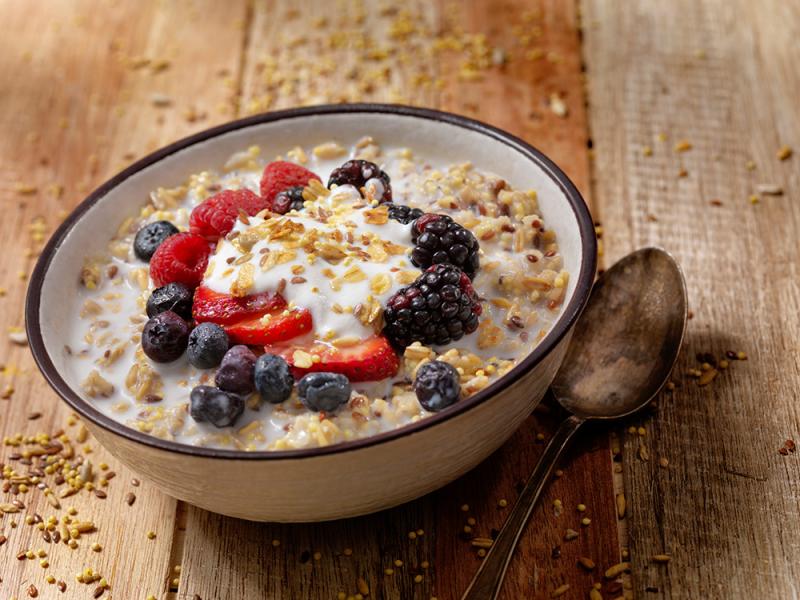
List of Grains
Whole Grains
Refined Grains: if the product does not state whole grain on the ingredient label (ex: wheat flour instead of whole-grain wheat flour), it is most likely a refined grain. Another way to tell if a grain is refined is to look for the word “enriched” on the ingredient label.

Portion Size
One slice of bread, one cup of ready-to-eat cereal, or ½ cup of cooked rice, cooked pasta, or cooked cereal can be counted as 1 ounce-equivalent from the Grains Group.

How many servings do you need?
Most adults need between 3-5 ounce equivalents of grains per day.
Everyone needs a different amount of grains. This is based on age, sex, height, weight, and amount of physical activity. Grain needs can also depend on whether a person is pregnant or breastfeeding. Find the right amount for you by getting your MyPlate Plan.
- Including whole grains into a balanced diet provide nutrients such as fiber, B vitamins and complex carbohydrates.
- Nutrients found in whole grains may lower the risk for heart disease.
- Meals that include fiber can also improve your bowel function.
- Whole grains and refined grains that are fortified contain iron, which helps make certain proteins in the blood. This is especially important for teenage girls and women who are more likely to develop iron-deficiency anemia.


